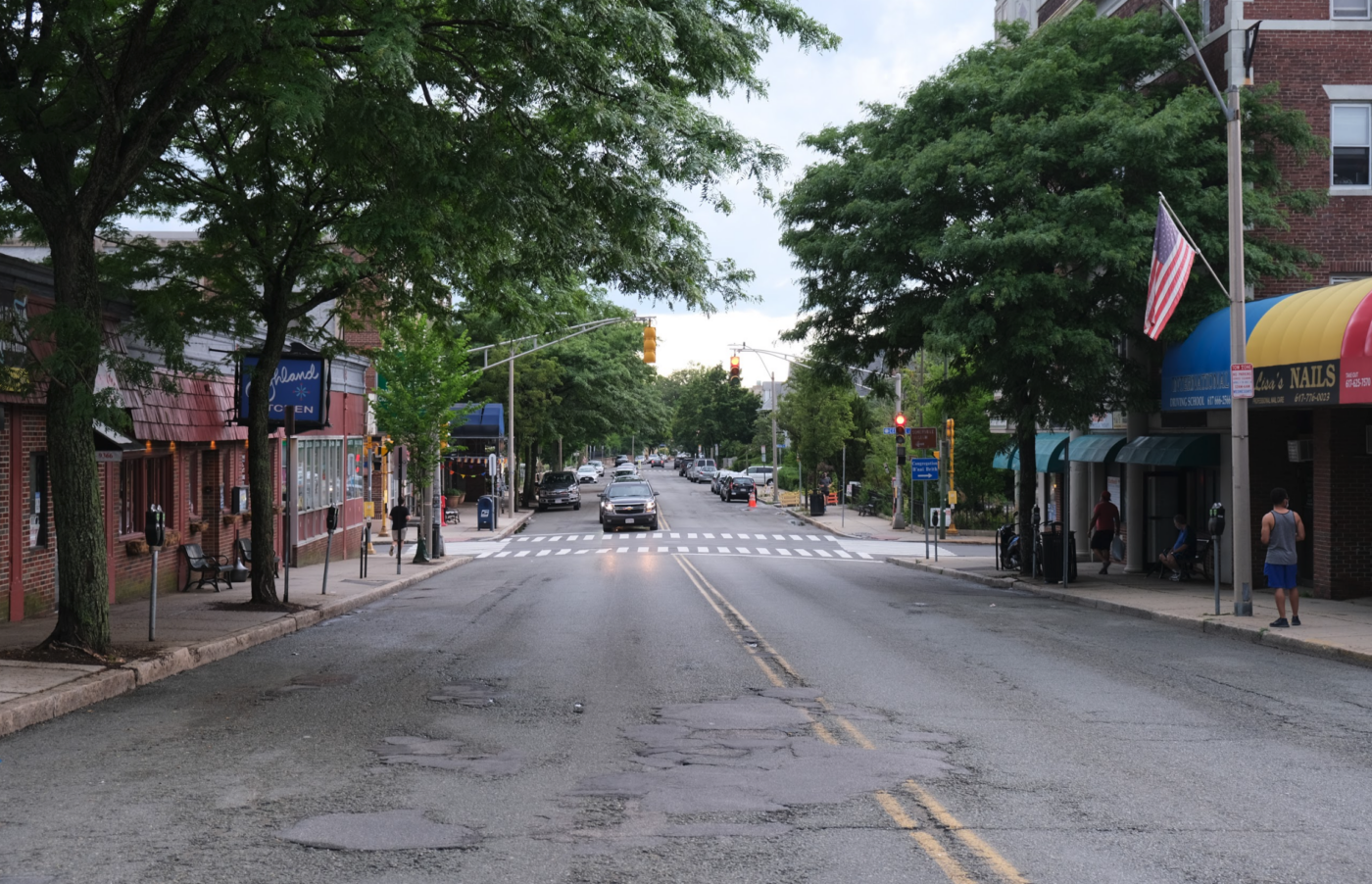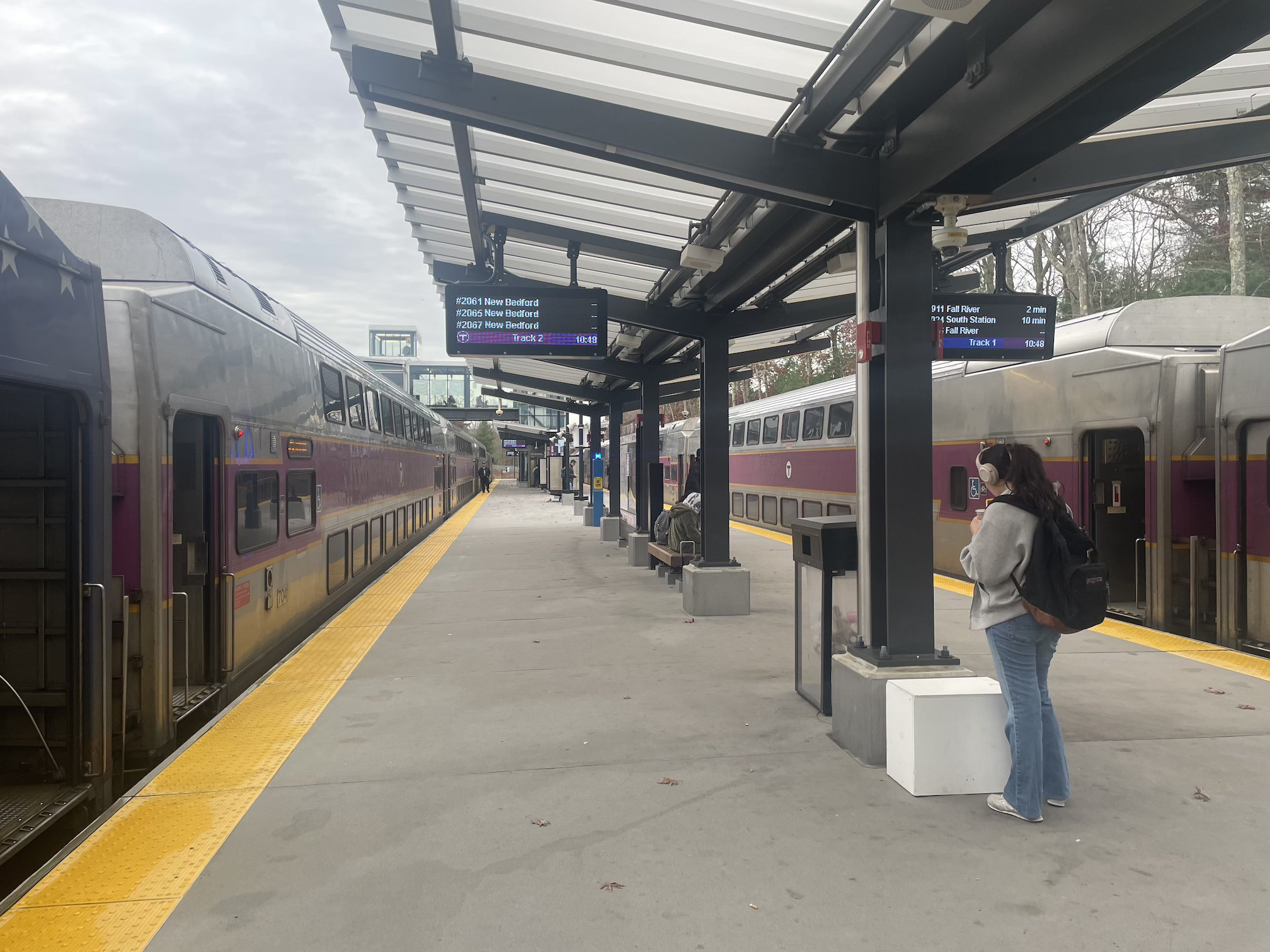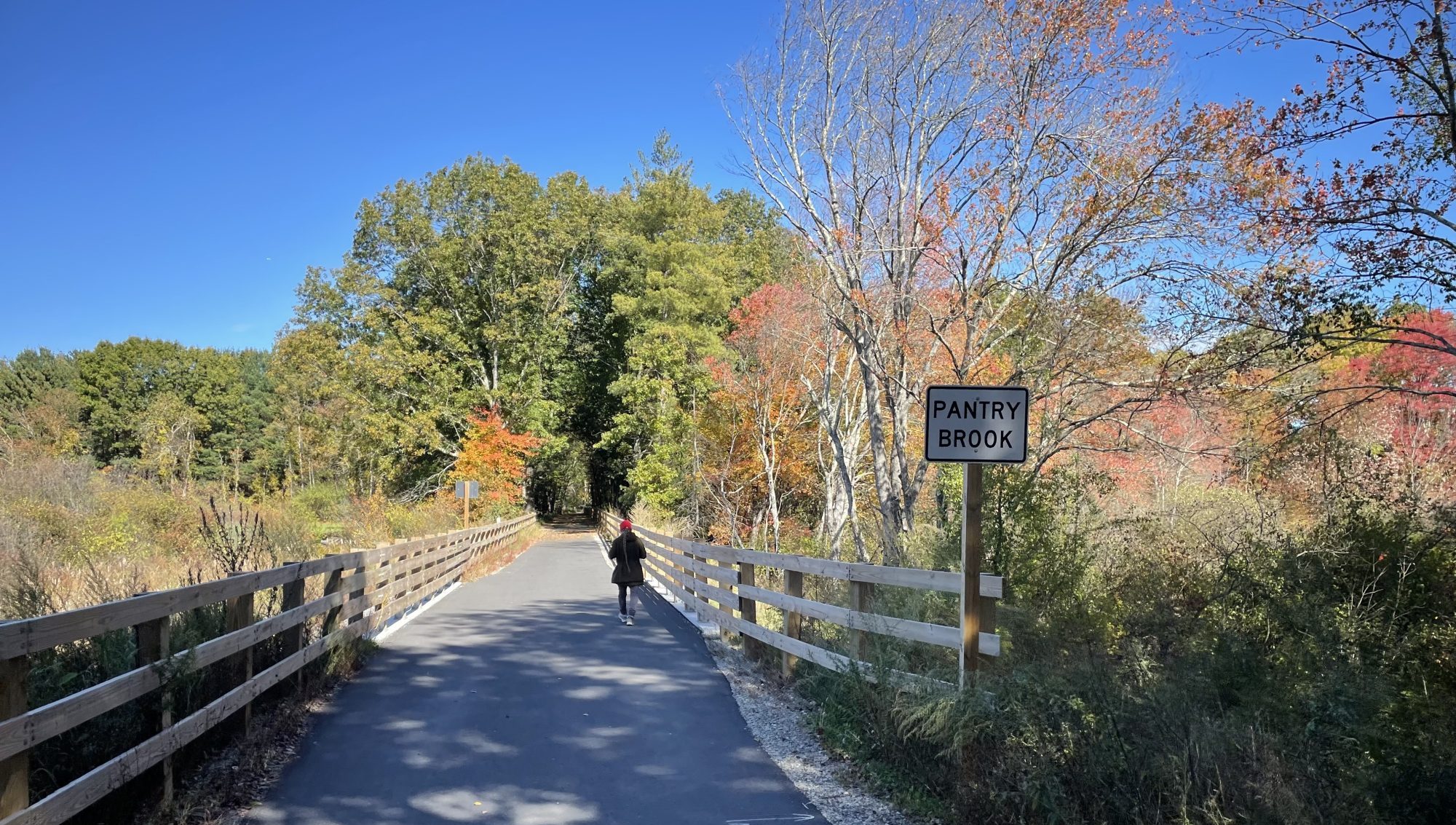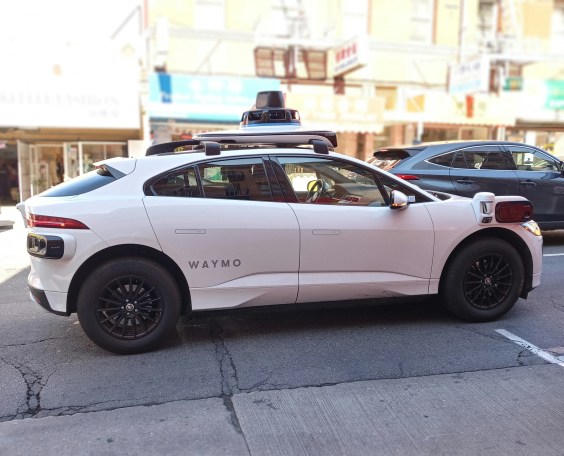As the City of Somerville prepares to rebuild several major streets in the Spring Hill neighborhood as part of an upcoming sewer project, advocates from Somerville Bike Safety are petitioning the city to prioritize better bike and pedestrian infrastructure over on-street parking on Highland Avenue, a major crosstown route for bikes and buses.
Highland Avenue is a densely-populated corridor that runs from Davis Square to Somerville’s City Hall, main library, and high school campus on its eastern end. It carries two popular MBTA bus routes – the 88 and 90 – and, because it follows the high ridge along the crests of Spring Hill and Prospect Hill (see map below), it's a popular, relatively flat route for people riding through the neighborhood on bikes.
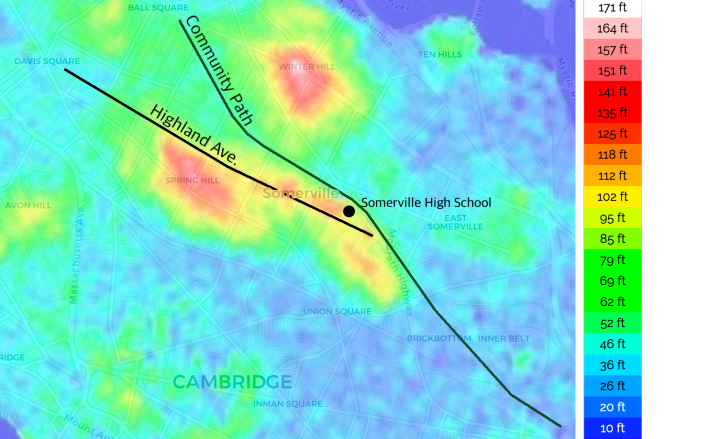
In a construction project expected to begin later this year, the City of Somerville will rebuild Highland Avenue as well as several adjacent streets as part of its Spring Hill Sewer Separation project.
The project's chief goal is to upgrade sewers and storm drains to reduce flooding and water pollution, but the city is also taking the opportunity to upgrade sidewalks, plant more trees, and introduce traffic-calming measures on the streets above the newly-installed pipes.
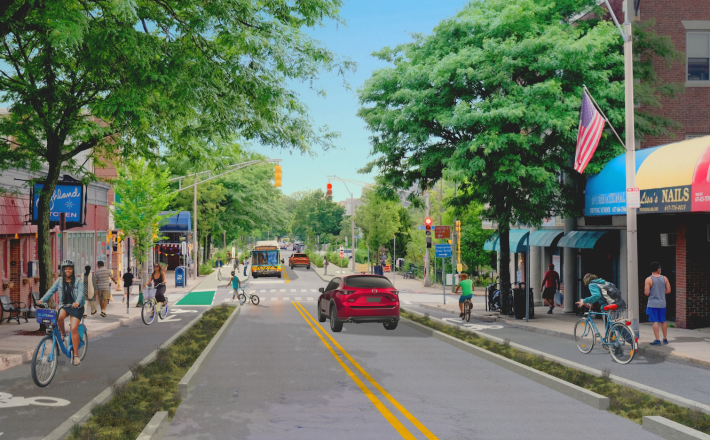
Highland Avenue is currently 40 feet wide from curb to curb, and almost half of that space is dedicated to two lanes of curbside parking, with cars, bikes, and buses all sharing two travel lanes in the middle (see photo above).
In a guest column published on StreetsblogMASS last fall, Arah Schuur and George Schneeloch of Somerville Bike Safety argued that Highland Avenue should retire some of its on-street parking in favor of new protected bike lanes and improved bus stops.
"People on bicycles would feel safe using the physically separated lanes to commute to City Hall, run errands, and pick up meals from Highland’s many local restaurants. Pedestrians would have ample space to make short trips to shop and move around the neighborhood. By removing bikes and merging buses from the travel lane, even drivers would benefit from smoother and safer trips," they wrote.
Bike lane advocates have also cited the city's climate action plan, which observes that "parking takes up valuable space that could otherwise be dedicated to low-carbon transportation options, such as additional bike lanes or dedicated bus lanes" and promises that "the City will explore opportunities to remove or redistribute parking within the community to maximize the use of its roadway space."
The reconstruction of a major neighborhood street like Highland Avenue should be an opportunity for Somerville to put its values into practice. But while the city's current plans would add a significant number of new crosswalks and expanded bus stops along Highland Avenue, they would also keep the existing on-street parking instead of building protected bike lanes along the street's curbs.
City Councilor Ben Ewen-Campen, whose district includes the Spring Hill neighborhood, says that his chief concern is for Somerville High School teachers, some of whom may need to drive to work because they can't afford to live in the city or near convenient transit.
"I’ve been involved in discussions in other projects where there’s an unfounded fear around removing parking, and ultimately the city hasn’t shied away from going ahead and doing it, and it’s worked," said Ewen-Campen in a phone conversation with Streetsblog on Monday afternoon. "But the high school has a legitimate challenge where parking is a serious concern... there are a lot of stakeholders and constraints here."
In conjunction with its Somerville High School construction project, which removed several city-owned parking lots along Highland Avenue, the City of Somerville commissioned two parking studies of the area: one in 2017, and an even more detailed follow-up study in 2019.
The 2019 study estimated that there are about 151 on-street parking spots on Highland Avenue in the vicinity of the high school between Central and Walnut Streets (roughly the same section of Highland that would go under construction for the first phase of the Spring Hill sewer project). Those 151 spaces on Highland represent about 10 percent of the 1,449 parking on-street parking spaces within a two-block radius of the high school campus.
In four surveys taken on weekdays in spring 2018 during the early morning hours between 6 a.m. and 9 a.m., the period when teachers and City Hall staff began to arrive at work, the study team found that the neighborhood's parking was never more than 70 percent occupied – meaning there were at least 430 empty parking spaces available at any given time each morning.
By comparison, Somerville High School has about 121 teachers, according to the Massachusetts Department of Education.
Advocates also point out that the need for Highland Avenue's 151 parking spots should diminish even more later this year, when the new Green Line Extension opens and the neighborhood gets a new rapid transit stop just one block down the hill from the high school and City Hall.
Even if not all teachers can afford to live near transit, easy access to the Green Line could significantly reduce the number of Spring Hill residents who rely on on-street parking.
“It seems like the city hasn’t considered mode shift at all,” said George Schneeloch in a recent phone conversation with Streetsblog. "They seem to be reluctant to separate the resident parking issue - people who park for free within a quarter-mile of a green line stop - from the needs of the handful of teachers who commute in from miles away.”
The city is expected to finalize its designs for the first phase of the Spring Hill project later this month.
In the meantime, Somerville Bike Safety is circulating a petition to install protected bike lanes on Highland Ave., and the Boston Cyclists Union is asking members to contact Somerville Mayor Joe Curtatone (mayor@somervillema.gov), city transportation staff (transportation@somervillema.gov) and members of the City Council (citycouncil@somervillema.gov).
